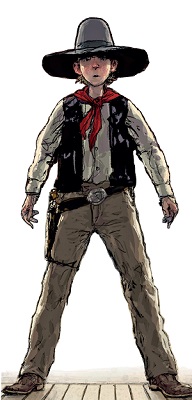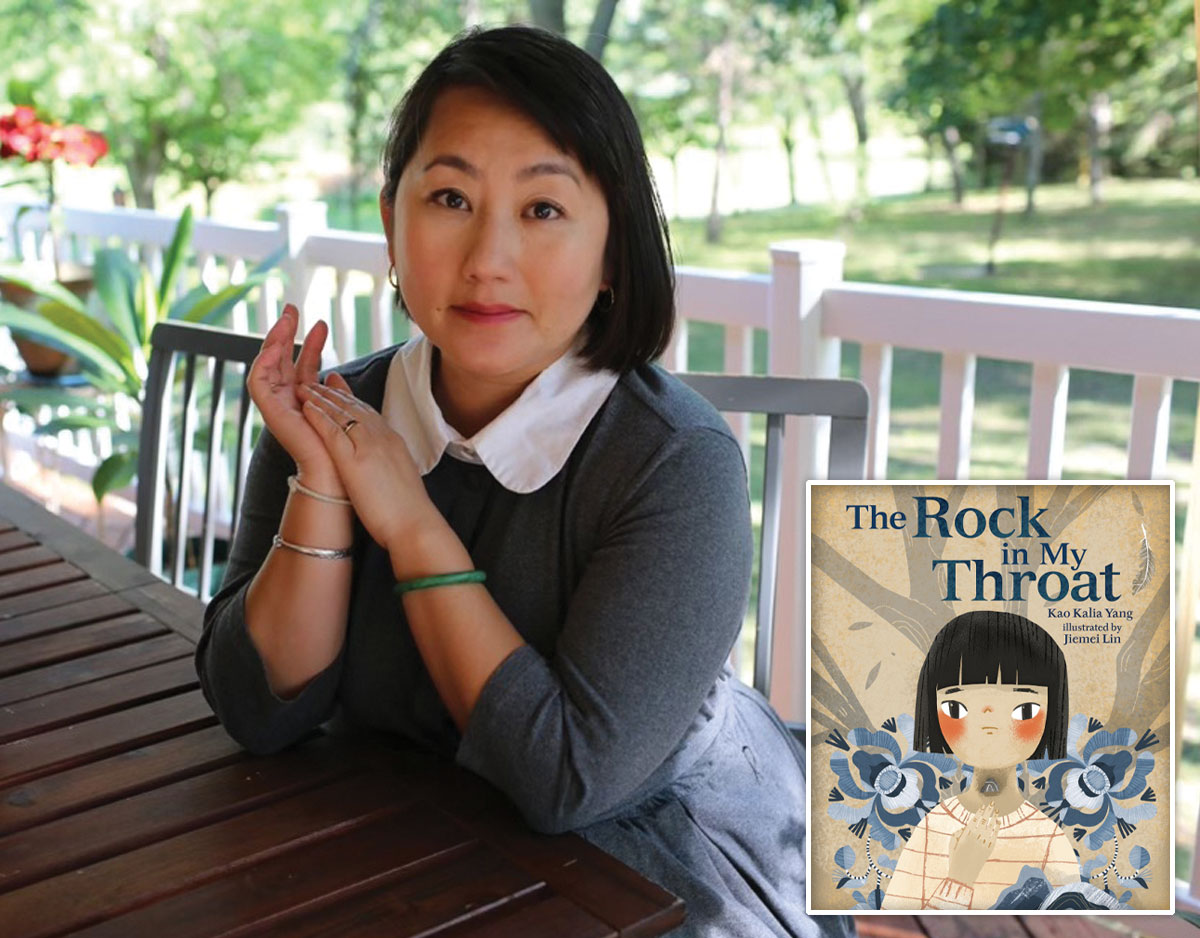SCROLL DOWN TO READ THE POST
Review: White Crow
White Crow by Marcus Sedgwick. Roaring Brook Press. 2011. Review copy from publisher.
 The Plot: Rebecca, 16, is spending six weeks of summer vacation with her father at the seaside town of Winterfold. It’s not a relaxing vacation: she and her father are barely speaking. Her boyfriend doesn’t call. She is alone and lonely when she meets up with Ferelith. Strange, brilliant, uncommon Ferelith. A friendship grows between the two teenage girls, a friendship born of loneliness and something more. Ferelith has been waiting, waiting for something. Or someone. And now Rebecca is here, lovely Rebecca, who doesn’t know or understand who Ferelith is. Ferelith wants to explore Winterfold’s dark past, and she wants company, whether or not Rebecca is willing.
The Plot: Rebecca, 16, is spending six weeks of summer vacation with her father at the seaside town of Winterfold. It’s not a relaxing vacation: she and her father are barely speaking. Her boyfriend doesn’t call. She is alone and lonely when she meets up with Ferelith. Strange, brilliant, uncommon Ferelith. A friendship grows between the two teenage girls, a friendship born of loneliness and something more. Ferelith has been waiting, waiting for something. Or someone. And now Rebecca is here, lovely Rebecca, who doesn’t know or understand who Ferelith is. Ferelith wants to explore Winterfold’s dark past, and she wants company, whether or not Rebecca is willing.
Over a hundred years before, another unlikely friendship had sprung up in Winterfold, one between the village’s rector and a French doctor. The rector is obsessed with Heaven and Hell, the doctor, with what happens after a person dies. Together, they make a bloody pact to find the answers.
ADVERTISEMENT
ADVERTISEMENT
Answers that Rebecca and Ferelith are about to discover.
The Good: By this point, you may be aware that I enjoy both a good story and how that story is told.
The story: lonely, angry Rebecca. Smart, manipulative Ferelith. An odd, uneven friendship. Ferelith is brilliant but her interactions with people are distant. As she says early on, “I continued my education in a more important way, through the observation of everyone around me, because nothing is more important to learn in life than the interaction of a human being with another human being.” Her view of life is unique and she is drawn to the dark. “I think I was waiting, though I didn’t know what I was waiting for.” Ferelith creates situations to draw Rebecca into her petty thieving, trespassing, and explorations and Rebecca is only half-aware of Ferelith’s manipulations.
Winterfold is a dying town, literally. It is falling into the sea. House, churches, graveyards, have all disappeared beneath the relentless waves. Ancient, abandoned buildings give Ferelith much to explore. (As an aside, Winterfold is based on a real town, Dunwich. I now want to go there on vacation.)
An unnamed rector lived in Winterfold a century before. His story is one of concern about Hell, of wanting to know what Heaven is like, and the doctor he meets who has an experiment to try to find the answers. All they need is volunteers. The dark rooms where the experiments took place draws Ferelith, and she drags Rebecca along.
How will this madness and horror end?
That is the story: unequal friendships, buried secrets, madness, blood, and the questions. Is there a God? Is there life after death? A Heaven or Hell? Angels or devils?
Now, how the story is told — that is where the book shifts into brilliance. Three voices, three points of view: Rebecca, Ferelith, the rector.
Ferelith, speaking in first person, speaking as if what she writes about has already taken place. All her chapters bear cryptic headings: I’m Not Dead. Catholic Day. Her thoughts are deep, layered.
ADVERTISEMENT
ADVERTISEMENT
Rebecca is more straightforward, third person, firmly in the present, talking about what is happening now, in a linear fashion with dates as chapter headings. It is not two people telling their different versions of the same event, or taking turns telling their tale. It is Rebecca’s story, with Ferelith letting the reader know the shadows and complexity which Rebecca is unaware of. Ferelith’s voice makes this compelling, suspenseful, scary, and Rebecca’s voice keeps the story grounded in reality and gives the reader to person to connect with.
The story of the two girls in the present is interspersed with the journal entries of an unnamed Rector where he asks questions about Hell, and gradually reveals just what is being done to discover the existence an afterlife. The reader learns what is happening, what happened, just in time to watch as the girls stumble upon the truth.
White Crow scared the hell out of me. But why? Not because of the horrors of the past. Rather, it’s because Ferelith so smoothly manipulates Rebecca, putting her in danger that is physical, emotional, and mental, playing on Rebecca’s trust and need and loneliness. It’s because the rector is so willing to rationalize events and actions, including manipulation and betraying trust.
Because White Crow scared me for all the right reasons. Because the image of Winterfold disappearing a foot at time haunts me. Because the triple narration showed just exactly how to use different voices and different perspectives. This is a Favorite Book Read in 2011.
Filed under: Favorite Books Read in 2011, Reviews
About Elizabeth Burns
Looking for a place to talk about young adult books? Pull up a chair, have a cup of tea, and let's chat. I am a New Jersey librarian. My opinions do not reflect those of my employer, SLJ, YALSA, or anyone else. On Twitter I'm @LizB; my email is lizzy.burns@gmail.com.
ADVERTISEMENT
SLJ Blog Network
One Star Review, Guess Who? (#202)
This Q&A is Going Exactly As Planned: A Talk with Tao Nyeu About Her Latest Book
More Geronimo Stilton Graphic Novels Coming from Papercutz | News
Environmental Mystery for Middle Grade Readers, a guest post by Rae Chalmers
The Classroom Bookshelf is Moving
ADVERTISEMENT
ADVERTISEMENT







